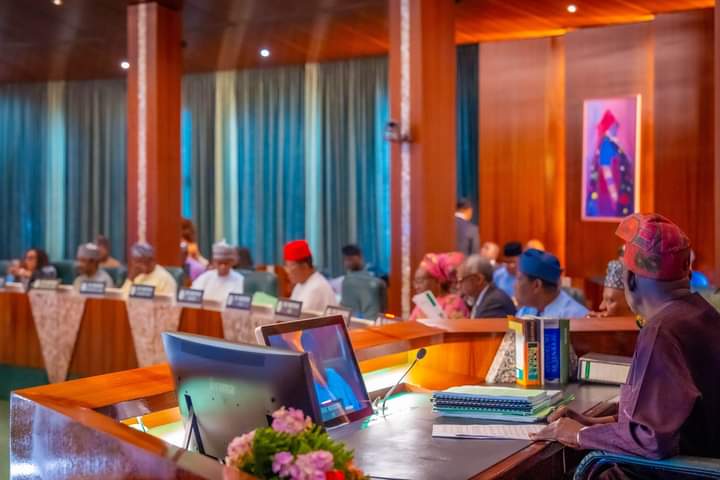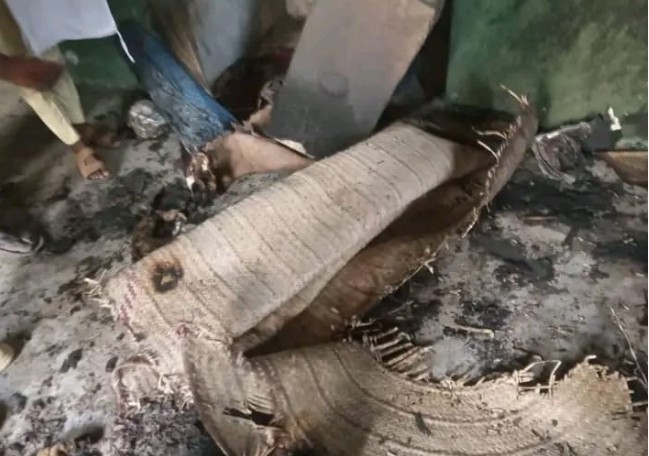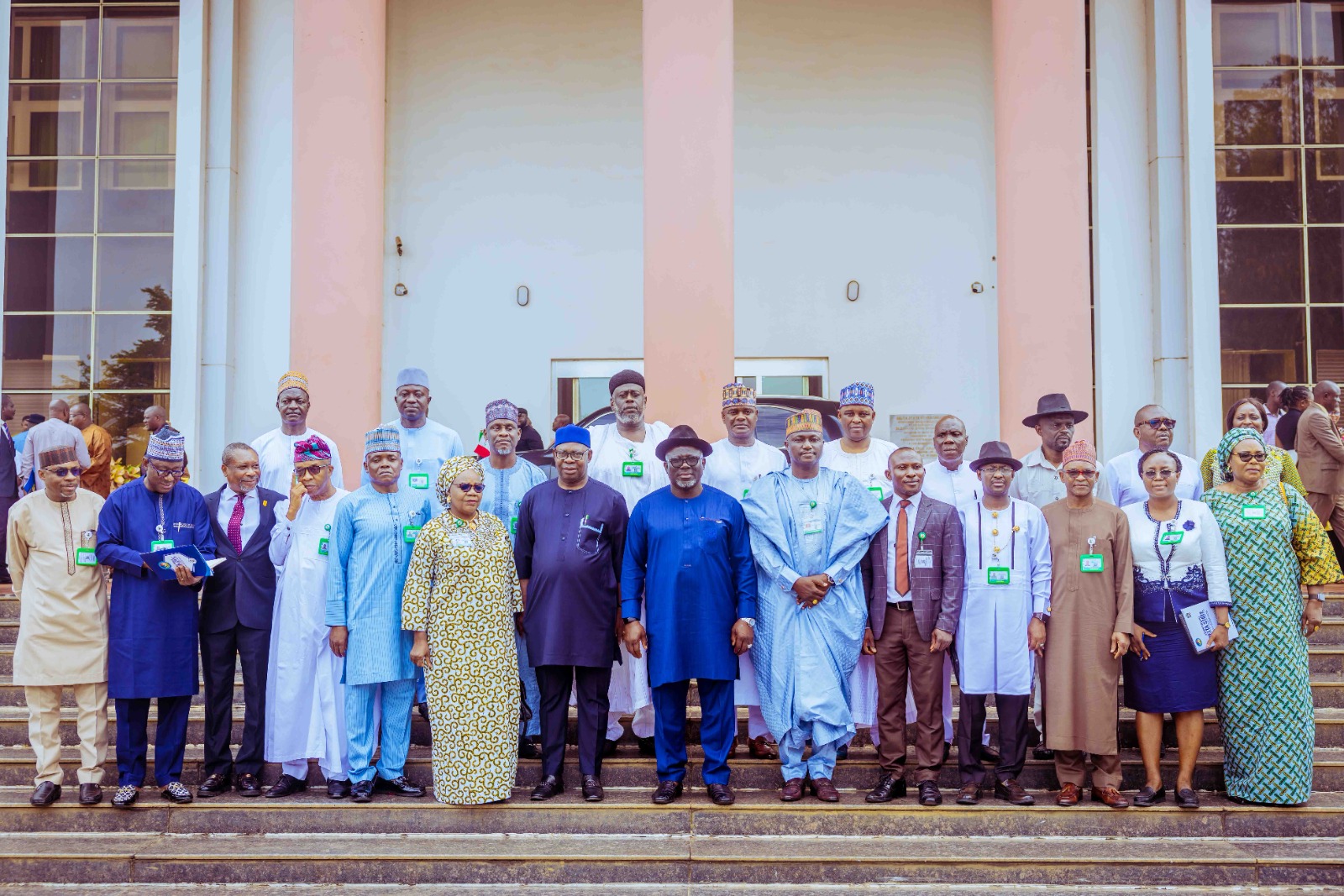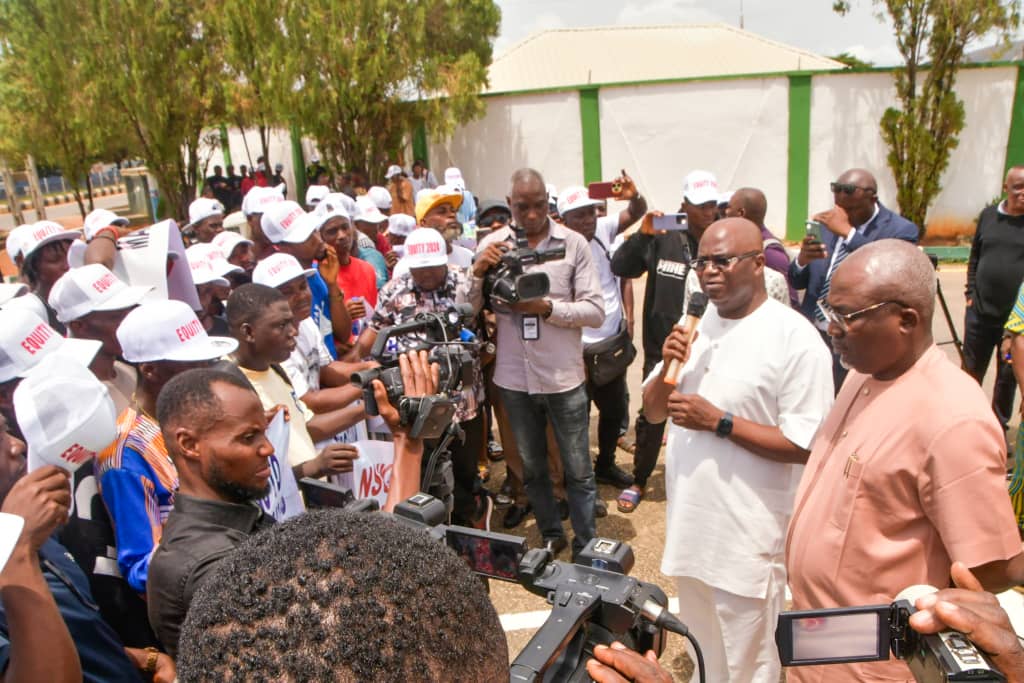Ms Arlinda Chantre, Director General, General Directorate for Support to the Electoral Process (DGAPE) in Cape Verde, has told the ECOWAS long-term Observer Mission that the country was ready to conduct credible elections on Oct. 17.
The ECOWAS delegation to Praia, Cape Verde, led by Mr Francis Oke, Head of ECOWAS’ Electoral Assistance Division, disclosed this in a statement issued to the media on Friday, following its election mission to the country.
According to the statement, Chantre told the ECOWAS mission that the country expected a large turnout of voters in the election compared to the turn out recorded in the 2016 elections.
Chantre briefed the ECOWAS delegation on various issues, including voter registration, the 2019 gender parity law, and the exemplary collaboration among electoral institutions.
She said that with the collaborations among electoral institutions; the National Electoral Commission, (CNE) was working to deliver credible and successful elections in the Archipelago.
The electoral management bodies were already preparing for a possible presidential second round or run-off vote on Oct. 31 as provided for in the electoral Act, she said.
She showed the delegation the electoral materials packaged for dispatch in case none of the seven presidential candidates met the constitutional requirement of 50% +1 vote in the Oct. 17 first round ballot.
“Voters would continue to use their valid National ID Cards or Passports for voting, until the national database is updated for the production of registration cards.
“Candidates are not legally required to pay any fees or deposits to contest an elective office.
“Instead, candidates are paid 750 Escudos (92 Escudos =$USD1) for each vote received in an election after the audit of campaign and political party finance.
“On the low voter turn-out in the last presidential election in 2016, the incumbent president being on the ballot could have been a factor.
“We are optimistic that the Oct. 17 contest, involving seven candidates, would likely record a higher voter turn-out,” Chantre said.
The statement by the ECOWAS delegation indicated that the mission also visited the centralised data system that provides digital solutions to Cabo Verde’s government institutions, including election data management.
The Center is known as the Praia NOSI DataCentre, (Portuguese: NucleoOperacional da Sociedade de Informacao).
Set up in 2012, the centre is largely responsible for the country’s advancement in e-government, with improved outcomes in sectors such as health, education, municipal governance, financial management and electronic transmission of election results.
Ms Ana Marta, Senior Manager, made a presentation on the generation of NOSI Data, while Lumumba Barbosa, Executive Administrator, and Luis Correia, Director of the Centre, explained the workings of NOSI, as a Network Operation Centre (NOC), that has seven levels of security and a 24/7 monitoring system.
The facility is also insulated against natural or man-made disasters such as fire, tsunami, earthquake, plane crash and similar threats.
While some of its hard wares, such as Tablets and refrigerating systems are sourced from abroad, especially Italy, the officials explained that NOSI had a complement of domestic engineers for its uninterrupted operations, and that the technology had not experienced any negative incidents since its inception.
Describing NOSI’s original idea and concept as home-grown, the officials underscored the efficiency and effectiveness of the Centre as being driven by centralized, integrated and synchronised systems of data generation, storage and processing








